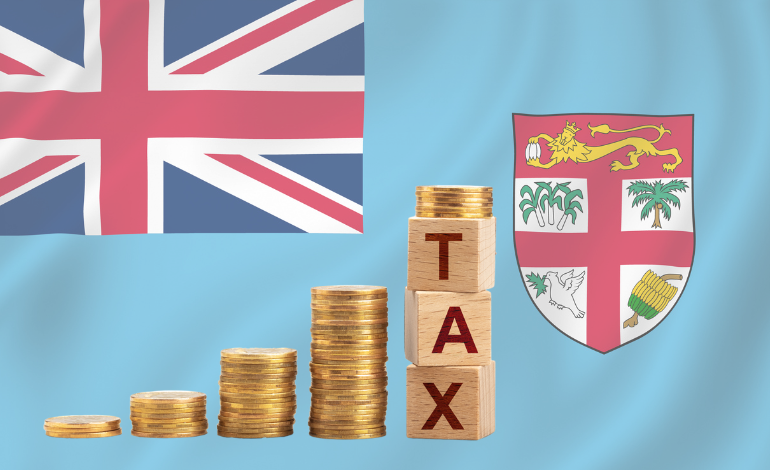Fiji’s tax revenue collection between August 2024 and January 2025 has surpassed expectations, reaching FJ$1.8 billion –FJ$136.4 million more than projected. This increase reflects strong economic activity, efficient tax administration, and improved compliance measures by the Fiji Revenue & Customs Service (FRCS). The higher tax intake is a positive indicator of Fiji’s economic health, with significant contributions from the tourism, retail, and corporate sectors.
Economic growth and tax revenue are closely linked. A growing economy leads to higher business profits, increased consumer spending, and greater employment levels, all of which contribute to a higher tax base. In Fiji’s case, the tourism sector has played a crucial role in driving both economic growth and tax revenue. Visitor arrivals exceeded expectations in 2024, leading to increased spending in hotels, restaurants, transport, and entertainment. This translated into higher Value-Added Tax (VAT) collections, which have been one of the strongest-performing revenue streams.
The construction industry, fuelled by foreign investment and government infrastructure projects, has also contributed significantly to corporate tax collections. Several major developments, including the expansion of Labasa’s commercial sector and large-scale resort projects, have resulted in higher corporate profits, which in turn led to increased tax payments. Similarly, the financial services sector has benefited from a stable economic environment, with banks and investment firms reporting higher earnings and contributing more in taxes.
FRCS has strengthened tax compliance through enhanced digital tax filing systems and stricter enforcement measures. Efforts to combat tax evasion, particularly through better monitoring of offshore transactions, have helped recover lost revenue. The agency has also targeted illicit trade and improved tax education programs to encourage compliance among small businesses.
The increased tax revenue is expected to play a key role in supporting Fiji’s fiscal policies and economic priorities. The government has indicated that surplus funds will be directed towards infrastructure improvements, healthcare services, and social programmes.
Despite the positive outlook, challenges remain. Illicit trade, informal business activities, and tax avoidance strategies continue to pose risks to revenue collection. The government and FRCS will need to maintain strong regulatory oversight while ensuring that tax policies support sustainable business growth.



